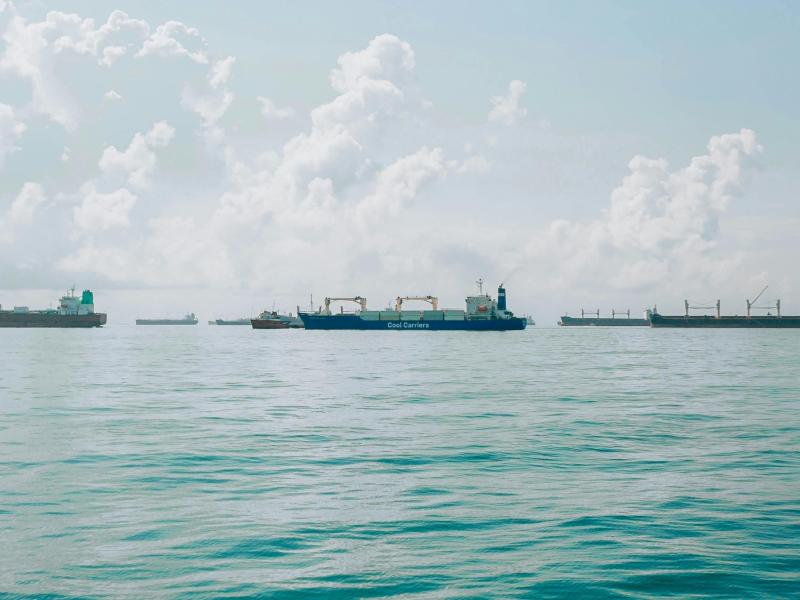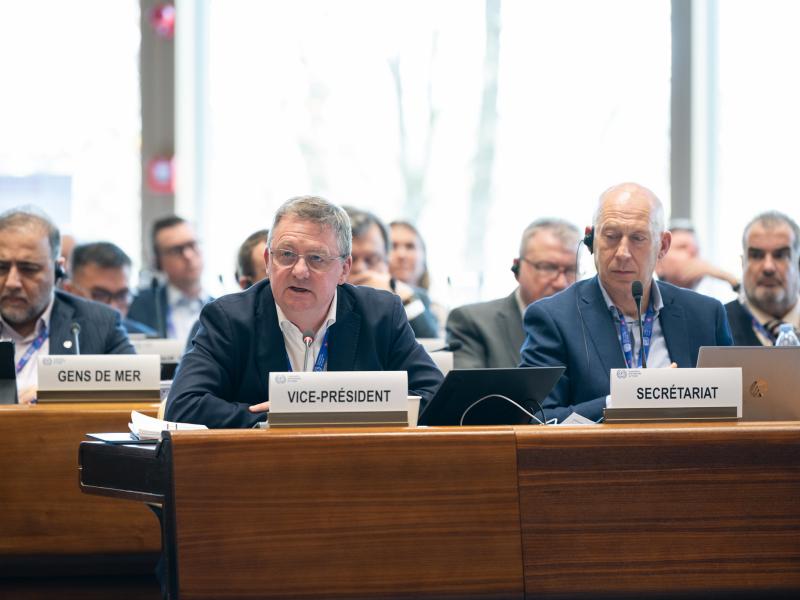Transshipment is the process where fishing vessels transfer their catch, supplies, and in some cases fishers on the high seas, generally in international waters, far from land and any national or international inspectors or law enforcement officials. This practice allows fishing vessels to spend months or even years at sea without oversight, and is the type of unregulated situation where illegal fishing, human trafficking, extreme labour abuses, debt bondage, serious injuries, safety violations, and even murder can and do happen.
“Fishers of all nationalities deserve to have basic safety and health protections, work in an environment free from physical or mental abuse, and have the right to organise/freely associate to protect themselves. Too often, fishers are beaten or even killed for asserting their rights, and it’s time for us to take action against transshipment to protect everyone on the high seas,” said ITF fisheries section chair and Norwegian Seafarers' Union president Johnny Hansen.
ITF president and Maritime Union of Australia national secretary, Paddy Crumlin, commented: “There should be a moratorium on transshipment until companies agree to force every vessel in their supply chain to abide by fair labour standards.”
Tuna long-line vessels currently operate with minimal supervision – most do not even have an observer on board. This limits the ability to determine the numbers and species of tuna caught, allows transshipment to occur, and contributes to a system that allows captains and companies to violate labor rights with impunity.
The ITF states that until there is more monitoring, control and surveillance of long line tuna fleets throughout the supply chain, Thai fishers and their migrant counterparts from Myanmar, Cambodia and Laos unnecessarily face poor working conditions and egregious human and labor rights violations. Transshipments allow fishers to be kept at sea for long periods of time, sometimes in sub-standard vessels where they, together with observers, have no way to report abuse or escape.
“Fishers should not be forced to risk their lives and endure extreme labour abuses or slavery at sea so that multinational companies can make massive profits supplying the tuna consumers enjoy,” Mr Crumlin added.
Current regulations and penalties have minimal deterrent effect, and are generally unenforced. This allows human and labour rights abuses to continue unabated, facilitates IUU (illegal, unreported and unregulated fishing), and impacts on the conservation of tuna stocks, sharks, and other species. Transshipments reduce and even eliminate the reliance of industrial fleets on local port services and local processing facilities, and limit the capability of national enforcement systems to effectively monitor and remedy the situation.
ITF calls for tuna transshipment moratorium
news
Press Release
ON THE GROUND
news
Press Release
20 years of advancing social dialogue and decent work at sea
Joint statement from the International Labour Organization, the International Chamber of Shipping, and International Transport Workers’ Federation on the 20th anniversary of the Maritime Labour
news
Press Release
ITF celebrates anniversary of landmark global treaty for seafarers
The ITF played a leading role in securing the now 20-year-old Maritime Labour Convention – and it continues to advocate for its implementation and updating to protect seafarers’ rights Before 2006
news
Urgent protection needed for Malian truck drivers after deadly convoy attacks
The International Transport Workers’ Federation (ITF) is calling on the government of Mali to urgently intervene to protect truck drivers following a wave of deadly attacks targeting fuel convoys and



